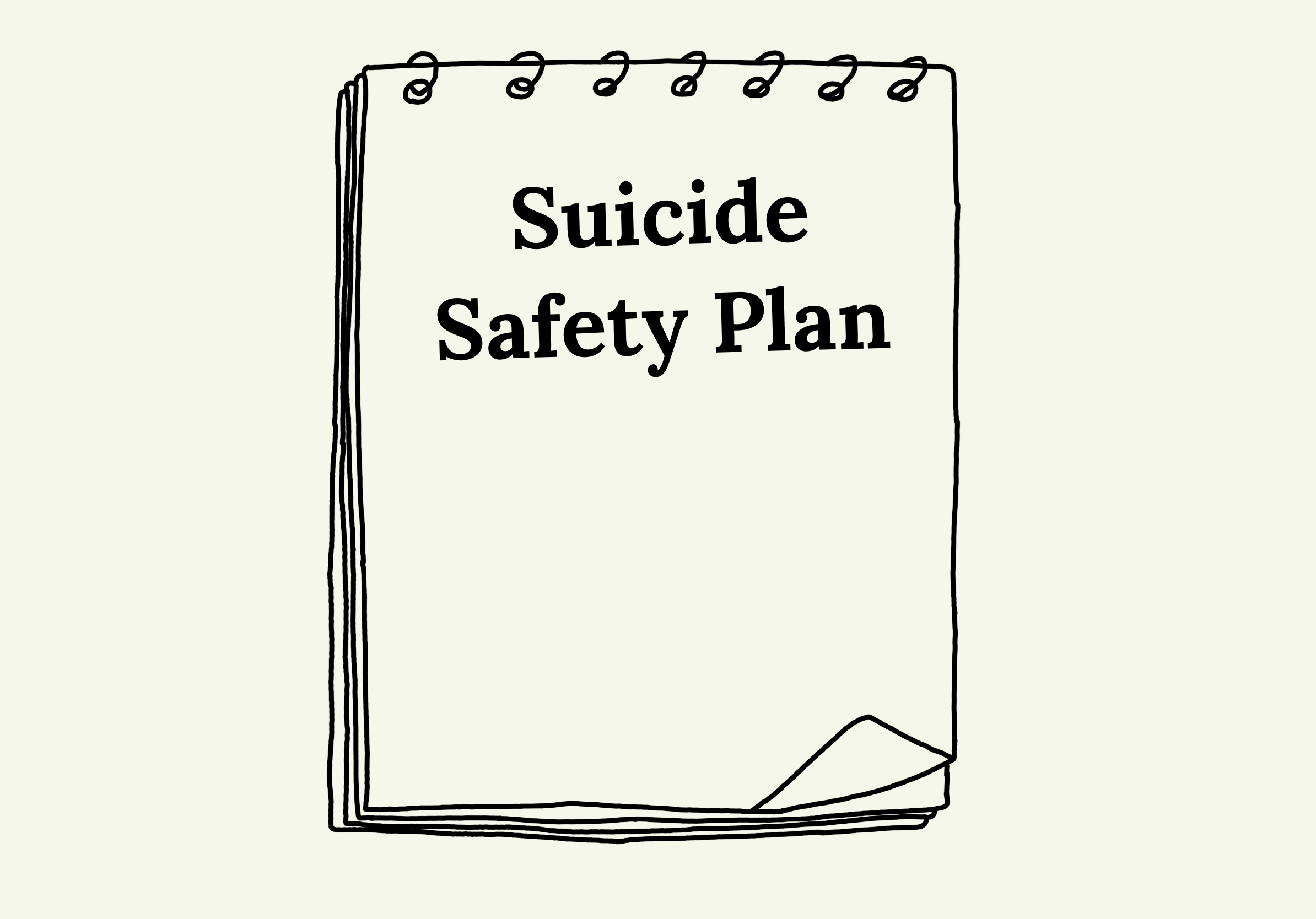Suicide Awareness
Written by Stephen Unwin, Australia
Suicide in Australia
September marks World Suicide Awareness Month. Suicide is a subject which can raise all kinds of questions, challenges and feelings. For many of us, whether we’ve experienced the effects of suicide personally or not, it probably isn’t a subject that we speak about very often. Yet it is an important subject and one which we as churches and believers need to consider if we are to serve our communities as well as our fellow brothers and sisters in church. We’d like to share a brief overview of suicide in Australia before pointing you to a resource that may help you begin to consider its impact.
The impact of suicide in Australia
Suicide is the leading cause of death among people aged 15-44 in Australia.[1] In 2020 there were over 3000 deaths attributed to suicide.[2] That number alone is hard enough to read, yet it doesn’t reflect the even greater number of people who experience suicidal thoughts or plan their suicide.
“It is suggested that 1 in 6 Australians aged 16-85 had serious suicidal thoughts in 2020-21.[3] These statistics apply whether someone is a Christian or not.[4] This means that it is likely that people in our own churches have had, or are currently having, suicidal thoughts and are feeling the pain, anguish and trauma that accompanies them.”
Suicide and suicidal thoughts not only have a profound impact on individuals directly, but on communities too. Families, friends, schools, workplaces and churches can be affected in wide-ranging and profound ways. We naturally grieve when someone dies from an illness like cancer, but when someone dies by suicide, we are typically left confused and traumatised in a different and sometimes greater way. When a Christian dies by suicide, it raises all kinds of questions, both theological and pastoral, for church families.
Speaking about suicide
The Bible speaks of suicide in various ways, yet it is a subject which is rarely spoken of in churches. People suffering suicidal thoughts or those grieving the loss of someone to suicide often find it hard to speak openly with others about their experience. As churches and believers, we have an opportunity to walk alongside people and love them as we are called to do (Romans 12:15). One important step on this journey is to simply talk openly about suicide in our churches so that those struggling through it or those grieving a loss feel more able to share their experience with us.
We wanted to share a resource written by someone who lost his father to suicide. Al Hsu has written a deeply personal, thoughtful, and helpful Discovery Series that addresses how suicide affects the friends, families and churches who grieve the loss of someone to suicide. He shares how grieving in the traumatic midst of suicide leaves us asking questions, and he shares the possibility of hope because God is present with us whatever we face.
[1] https://www.aihw.gov.au/reports/life-expectancy-death/deaths-in-australia/contents/leading-causes-of-death
[2] https://www.aihw.gov.au/suicide-self-harm-monitoring/data/deaths-by-suicide-in-australia/suicide-deaths-over-time
[3] https://www.aihw.gov.au/suicide-self-harm-monitoring/data/deaths-by-suicide-in-australia/prevalence-estimates-of-suicidal-behaviours
[4] There is little research on suicide among Christians. So far, the evidence suggests that it affects believers just as much as non-believers.
Stephen Unwin
Stephen Unwin is a writer and editor with Our Daily Bread Ministries. He has degrees in sound engineering and theology and is currently studying for a PhD on the theology of gift and gratitude. He’s married to Katy and they live in Melbourne, Australia.









After my father’s suicide, I wrestled with the “why” questions to the point of utter exhaustion. When bad things happen, we automatically ask why, as if finding out the answers will give us comfort and peace. I don’t find they actually do. The far more significant question, from a Christian standpoint, is not “Why?” but “What is God doing about it?”